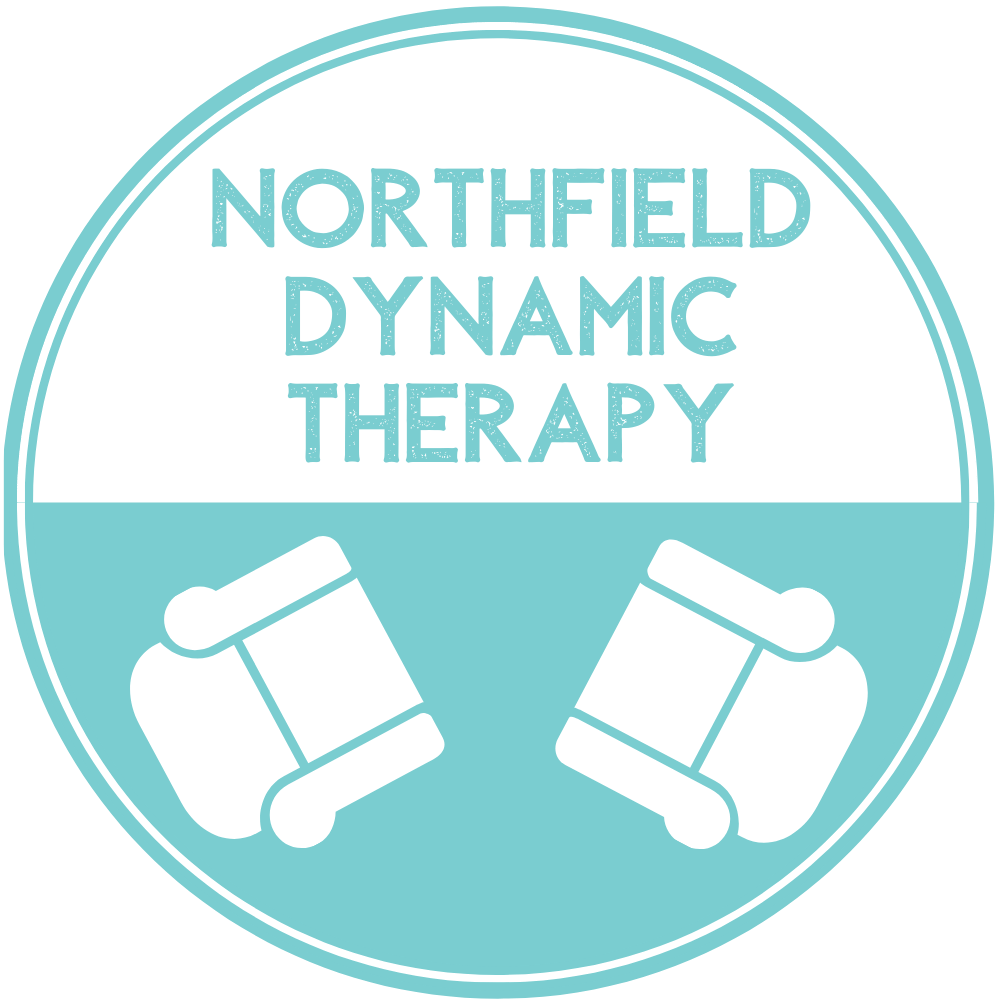Understanding and Overcoming Panic Attacks: Therapy Insights from Dr. Nate Page at Northfield Dynamic Therapy
I still remember my first panic attack vividly. I was 11 years old, and despite being an anxious kid, this was a whole new level of fear. My heart raced, my breathing was labored, and my body trembled uncontrollably. It felt like impending doom was just around the corner, and I even thought I might be dying, which only heightened my panic.
For years, I struggled to escape these relentless panic attacks, often making my anxiety worse in the process. I tried avoiding triggers, suppressing my feelings, and running away from my thoughts. It wasn’t until I faced my fears head-on that I learned how to overcome these attacks. Now, it’s been over 20 years since my last panic attack, and I’m passionate about helping others achieve the same relief.
Luckily, panic attacks are VERY TREATABLE, and many people find substantial relief and joy as their panic attacks become less and less frequent—even disappearing forever. With the right approach, you can regain control over your life and learn how to stop panic attacks before they start.
At Northfield Dynamic Therapy, we specialize in treating anxiety disorders, including panic attacks. If you’re searching for "panic attack therapy near me" or "panic attack treatment," you’ve come to the right place. Let’s explore what panic attacks are, how common they are, and the effective treatments available.
How common are panic attacks?
When I give presentations on anxiety, I often ask the audience how many have experienced a panic attack. Typically, 25-50% of hands go up. Research suggests that around 40% of people in the U.S. will experience at least one panic attack in their lifetime.
Panic Disorder is characterized by recurring panic attacks that disrupt daily life. Approximately 2-3% of the U.S. adult population suffers from this condition.
Recognizing the signs and symptoms of panic attacks
Panic attacks can present a range of symptoms, including:
- Overwhelming feelings of panic or fear
- Thoughts of dying, choking, losing control, or going mad
- Rapid, pounding heart rate
- Shortness of breath or tightness in the throat
- Excessive sweating
- Dizziness, light-headedness, or feeling faint
- Sense of impending doom or danger
- Trembling or shaking
- Chills or hot flashes
- Nausea or abdominal cramping
- Chest pain or headache
- Numbness or tingling
- Feelings of unreality or detachment
Experiencing a panic attack can leave you fearful of another one, leading to avoidance of certain situations. Ironically, this avoidance can exacerbate your anxiety, making you more likely to experience further attacks.
I was once terrified of having panic attacks, but I found that the more I feared them, the more they occurred. It wasn’t until I embraced the possibility of having panic attacks without letting them control me that I finally found relief. I know it sounds counterintuitive, but embracing this mindset can be surprisingly effective!
How long do panic attacks last?
Typically, a panic attack lasts between 5-20 minutes. It is very rare that a true panic attack will alst more than 15-20 minutes. An anxiety attack (which is similar to a panic attack) can last much longer than 20 minutes.
Panic Attack vs. Anxiety Attack: What’s the Difference?
Understanding the difference between a panic attack and an anxiety attack can be helpful:
- Panic attacks often appear suddenly and can seem to come out of nowhere. They usually last 5-20 minutes and are more intense.
- Anxiety attacks are usually triggered by a specific stressor (or multiple specific stressors), build up over time, and can last several hours. They tend to be less severe but are linked to ongoing stress.
When Should You Seek Professional Help?
Panic Disorder doesn’t usually resolve on its own and can worsen over time. Individuals may avoid various activities or places out of fear of experiencing another attack. In severe cases, this can lead to agoraphobia, where individuals become fearful of leaving their homes.
If panic attacks are affecting your quality of life, seeking help from a professional is crucial. At Northfield Dynamic Therapy, we offer free 15-minute consultations to discuss your concerns and guide you towards the best treatment options.
Can Panic Attacks Be Treated?
Yes! Panic Disorder is highly treatable. Many individuals experience significant improvement through therapy, medication, or a combination of both. At Northfield Dynamic Therapy, we specialize in helping clients manage and overcome panic attacks and related anxiety disorders.
Our approach involves changing your relationship with anxiety. We empower you to face your fears, diminish the control anxiety has over you, and reclaim your life. Our primary goal is to make panic attacks go away and become a distant memory of the past.
What Causes Panic Disorder?
Panic Disorder is typically understood as resulting from a mix of genetic, environmental, and psychological factors. Major life stress, personal temperament, and negative experiences can all contribute.
Is Panic Disorder Dangerous to Your Health?
Nope! Well, not directly. While panic attacks themselves can feel incredibly frightening (and some people even end up in the hospital thinking they might be dying), they do not pose a direct threat to your health. The real concern is the impact of chronic stress from repeated panic attacks, which can potentially increase the risk of health issues over time. So while your panic attacks might feel intense, they’re not harming your body in the short term. The goal is to address them effectively to reduce overall stress and prevent any long-term impact.
Effective Treatments for Panic Disorder
Research shows that psychotherapy, particularly Cognitive Behavioral Therapy (CBT), is effective for treating panic disorder. Medication can also help manage symptoms, and a combination of both is often the most effective approach.
Most people benefit from 3-9 months of therapy with an anxiety specialist. Many clients notice improvements within the first few sessions. At Northfield Dynamic Therapy, we’re experts in treating panic disorder and related anxiety issues, including social anxiety, generalized anxiety, obsessive-compulsive disorder, and specific phobias.
If you’re ready to take the first step toward overcoming your panic attacks, contact us today to connect with one of our specialists. We offer a free 15-minute consultation to help you determine what the best "next steps" are for you and your situation.



